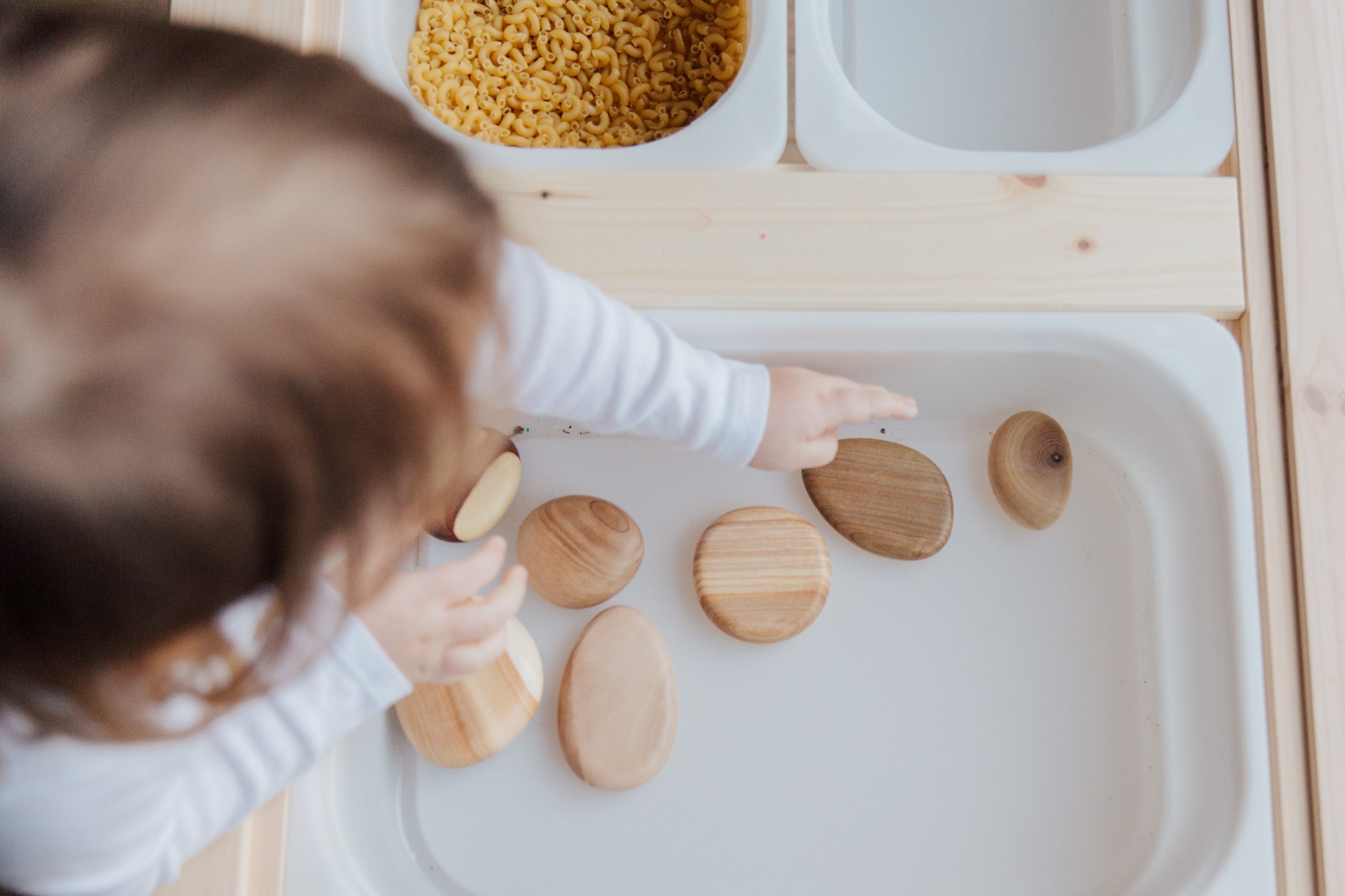
Becoming a new parent is an exhilarating journey filled with love, joy, and challenges. Amidst the sleepless nights and diaper changes, navigating the world of parenting can sometimes feel overwhelming.
Especially when it comes to something as complex and unique as parenting, there is no one-size-fits-all approach for any family.
So if you’re a parent who is feeling lost on your parenting journey, it is okay to admit your unpleasant feelings. You are totally not alone on your journey!
Even parents with multiple children will be the first to tell you that parenting styles differ between each child.
However, with the right approach, you can foster a strong and positive relationship with your child so that you and your family can thrive!
Here are five positive parenting hacks to help you embark on this remarkable journey with confidence:
Practice Positive Reinforcement:
First on the agenda should be to practice positive reinforcements. If you’re at a loss as to what that means, keep on reading.
Instead of focusing solely on correcting negative behaviours, make it a point to acknowledge and praise positive actions.
So this means that instead of just focusing on scolding your child when they do something wrong, you focus more on praising them when they do the right thing.
This highlights to children that you are paying attention to a variety of their actions, not just the negative ones.
In the future, this can even prevent acting out, as your children will be less inclined to just display negative behaviours to attract your attention.
Whether it’s a simple task like putting away toys or showing kindness to a sibling, offer specific praise and encouragement.
This not only boosts your child’s self-esteem but also reinforces desired behaviours, making them more likely to repeat them in the future.
Foster Open Communication:
Effective communication lays the foundation for a strong parent-child relationship.
This means that you are encouraging open dialogue with your child by actively listening to their thoughts, feelings, and concerns without judgment.
With repetition, you can create a safe and supportive environment where your child feels comfortable expressing themselves freely.
Even when they have made a mistake, they should be able to come to you to talk about the hardships that they are facing without fear of an explosive argument.
Although you might be disappointed in their actions or upset with their behaviour, it is important for the punishment to fit the offence.
It would also be helpful to communicate to your child that you are disapproving of their negative actions, and not them as a whole.
It is important for them to feel loved and secure, even as they are being disciplined for their bad behaviour.
When you build a foundation of open communication with your child, you can lay a solid groundwork to communicate with them when it comes to larger topics in their later years.
Things like dating, and social and academic pressure, no longer become scary, taboo topics, but just something to discuss and work through as a family.

Set Clear and Consistent Boundaries:
With all the focus on positive reinforcement when it comes to your children, you might be at a loss when it is time to discipline them. However, when you set clear boundaries, it becomes harder to children to break to rules when they know why the rule is made and what happens when they break it.
Establishing clear and consistent boundaries is essential for promoting positive behaviour and teaching your child self-discipline.
Be firm yet fair when setting boundaries, and ensure they are age-appropriate and reasonable.
For example, things like asking for permission before borrowing another person’s personal items is a good boundary that even younger children can follow.
Educate them as to why these boundaries exist, either through explaining to them why these boundaries have been set in place, or a role-playing exercise for them to experience how it would feel for their own boundaries to be crossed.
Teaching children boundaries allows them to abide by the social rules that allow us to respect one another, and protect our property and personal autonomy.
Consistency is key, so follow through with consequences when boundaries are crossed, but also be willing to offer guidance and support as your child learns and grows. By providing a structured environment with clear expectations, you’ll help your child feel secure and confident in their actions.

Prioritize Self-Care:
Parenting can be demanding, both physically and emotionally, so it’s essential to prioritize self-care. Take time for yourself to recharge and rejuvenate, whether it’s through exercise, hobbies, or simply enjoying a quiet moment alone.
Before you were a parent, you were also your own person, so it is equally as important not to neglect that person, especially while you try and raise a little human of your own.
Take some to be kid-free and nourish your body, mind and soul. After all, you cannot give from an empty cup!
Remember that taking care of yourself isn’t selfish—it’s necessary for your well-being and enables you to be the best parent you can be. By prioritizing self-care, you’ll have more patience, energy, and resilience to tackle the challenges of parenting with a positive attitude.
Embrace Positive Discipline Techniques:
Positive discipline focuses on teaching children appropriate behavior rather than punishing them for mistakes. Instead of resorting to harsh punishments or yelling, employ positive discipline techniques such as redirection, logical consequences, and problem-solving.
Use these opportunities as teachable moments to help your child understand the impact of their actions and learn from their mistakes. By emphasizing empathy, understanding, and guidance, you’ll instil valuable life skills in your child while maintaining a loving and respectful relationship.
However, this is all easier said than done. In the heat of the moment, during meltdowns and tears, with raised voices from both parent and child, it is sometimes easier to take a step back and let both sides regulate their emotions.
It is always possible to revisit a teachable moment, but it is not worth the hurt caused if harsh words are spoken by either parent or child.
Worrying about regulating both your emotions and that of your child can be a very stressful task, and it is sometimes the best-case scenario to come out with the least tears shed— life lessons can wait.

In conclusion, parenthood is a journey filled with countless rewards and challenges. By implementing these positive parenting hacks, you can navigate the ups and downs of raising a child with confidence, compassion, and patience.
If you do need a helping hand, especially on your child’s journey through education, you can always reach out to the team at SmileTutor to help you find the right person to aid your child in their learning journey.
Remember to celebrate the small victories, embrace the journey, and cherish the precious moments spent with your little one. With love, support, and positive guidance, you’ll lay the groundwork for a fulfilling and harmonious parent-child relationship that will last a lifetime.
